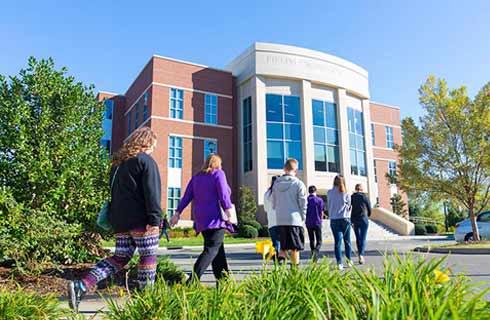理学学士-地质学
Bachelor of Science in Geology (Saint John)

学历文凭
Bachelor Degree

专业院系
Faculty of Science, Applied Science and Engineering

开学时间

课程时长

课程学费

国际学生入学条件
IDP—雅思考试联合主办方

雅思考试总分
6.5
- 雅思总分:6.5
- 托福网考总分:85
- 托福笔试总分:160
- 其他语言考试:Duolingo with a minimum overall score of 115.
CRICOS代码:
申请截止日期: 请与IDP联系 以获取详细信息。
课程简介
Geology is the study of the Earth, its origin, structure and composition. Rocks are a key component of our landscape.They give us clues as to how and when it formed, and the materials it contains.Their structures help unravel the secrets of what the Earth was like in the past. To a geologist, our modern-day landscape speaks volumes. The goal of geology as a science is to better understand the processes that acted upon the Earth’s system in the past to help us foresee how geologic events and processes will affect us in the future. Geology is used every day.Many of us don’t take the time and stop to think about just how much geology affects our surroundings.Geology encompasses many parts of the Earth's system.In studying about the Earth’s origins and evolution, you will learn about the formation of the planet, how the continents and oceans are formed and how they grow or are destroyed, and how all this was discovered.By studying fossils, you'll learn how our climate has changed over time and what that means for our environment. You will learn about minerals, how they form and grow, and under what conditions this happens. We explore how minerals come together and form rocks, and examine how looking at a rock tells you something about the environment in which it formed.
相关申请
 预科
预科 奖学金
奖学金 实习机会
实习机会 在校学习
在校学习 跨境学习
跨境学习 校园授课-线上开始
校园授课-线上开始 在线/远程学习
在线/远程学习
开学时间&学费
学费信息仅供参考,请与IDP联系以获取详细信息
| 开学时间 | 时长 | 学费 | 地点 |
|---|
关于新不伦瑞克大学

新不伦瑞克大学 (UNB) 是加拿大历史最悠久的英语大学,位于美丽的加拿大东海岸。UNB 在研究和创新方面处于领先地位,并致力于培养创业成功人才。该校提供超过 150 个本科和研究生课程,师生比例为1:15。UNB 在全球拥有超过 10 万名在世校友,并荣获 QS 五星大学评级。每两个从高中直接升入新不伦瑞克大学(UNB)的学生中就有一个获得奖学金。该校每年提供超过12万加元的本科生奖学金。提供24/7的学术和个人支持,学生在安全的环境中得到帮助,大学随时提供安全服务。加拿大新不伦瑞克省新不伦瑞克大学(UNB)在加拿大的新不伦瑞克省有两个主要校区:一个在弗雷德里克顿,一个在圣约翰。该省生活成本低,拥有许多海滩、公园、湖泊和其他自然美景。Travel + Leisure 杂志将新不伦瑞克省评为2020年最值得去的50个地方之一。从这里出发,乘飞机一个半小时可到达蒙特利尔,两个小时可到达多伦多,开车到波士顿需要六个半小时。弗雷德里克顿校区成立于1785年,圣约翰校区成立于1964年。这是新不伦瑞克省两个最大的城市。这两个校区都是小而友好的,来自100多个国家/地区的本科生加起来超过10000人。学生的经历是有趣和难忘的,大学有120多个俱乐部和社团可供学生加入。由于注重社区和热情的文化,学生在课堂内外很容易建立起持久的友谊。
本校相关课程
其他相关课程
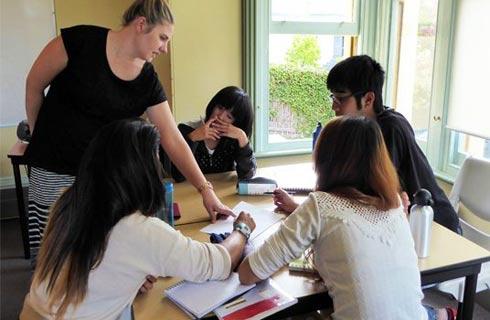
矿床和前寒武纪地质学哲学博士
 劳伦森大学
劳伦森大学学历文凭
Ph.D.
开学日期
课程费用总额

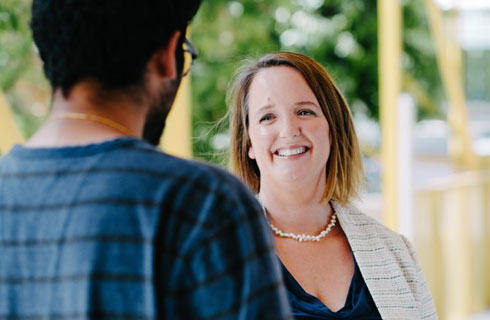
地质学硕士(基于论文的选修)
 劳伦森大学
劳伦森大学学历文凭
Masters Degree
开学日期
课程费用总额


地质学硕士
 阿卡迪亚大学
阿卡迪亚大学学历文凭
Masters Degree
开学日期
课程费用总额

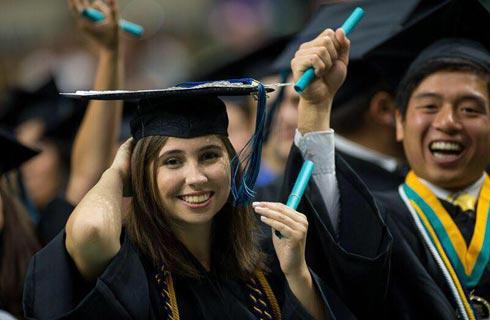
地质科学学士(荣誉学位)
 阿卡迪亚大学
阿卡迪亚大学学历文凭
Bachelor Degree
开学日期
课程费用总额

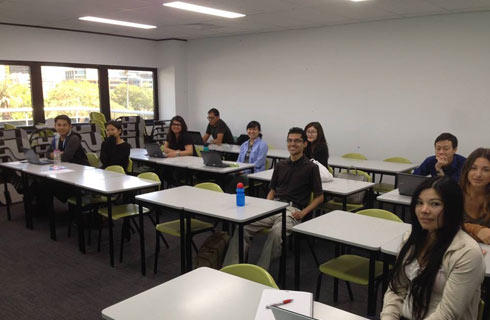
地质科学学士
 阿卡迪亚大学
阿卡迪亚大学学历文凭
Bachelor Degree
开学日期
课程费用总额

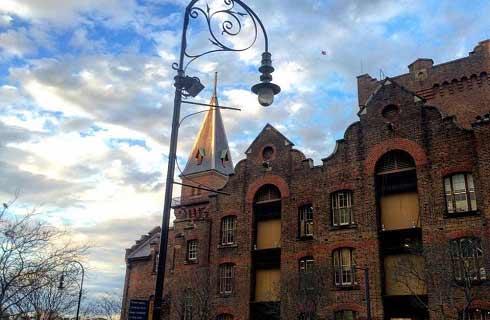
地质技术文凭
 北阿尔伯塔理工学院
北阿尔伯塔理工学院学历文凭
Bachelor Degree
开学日期
课程费用总额












